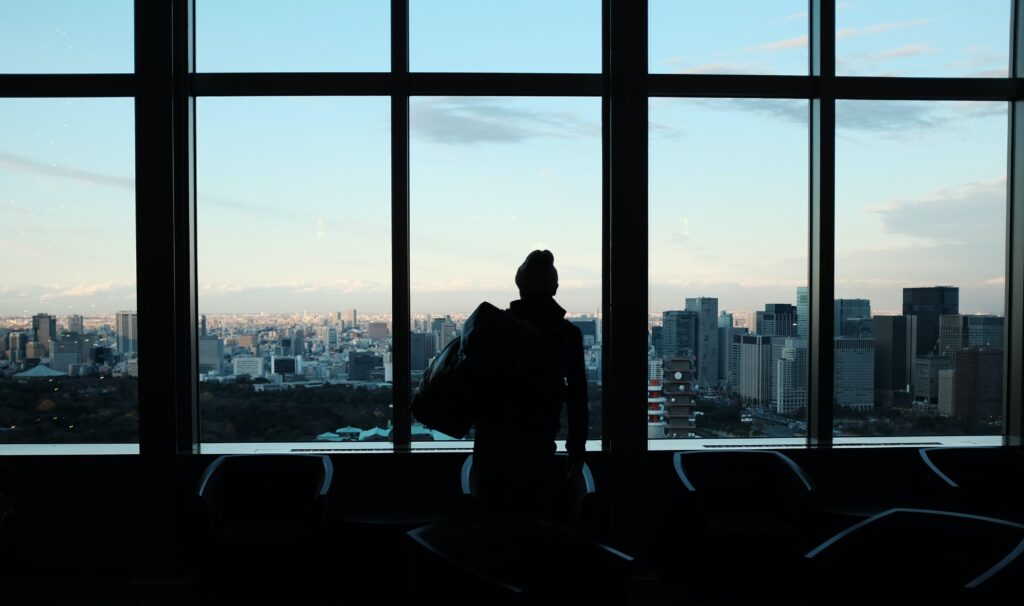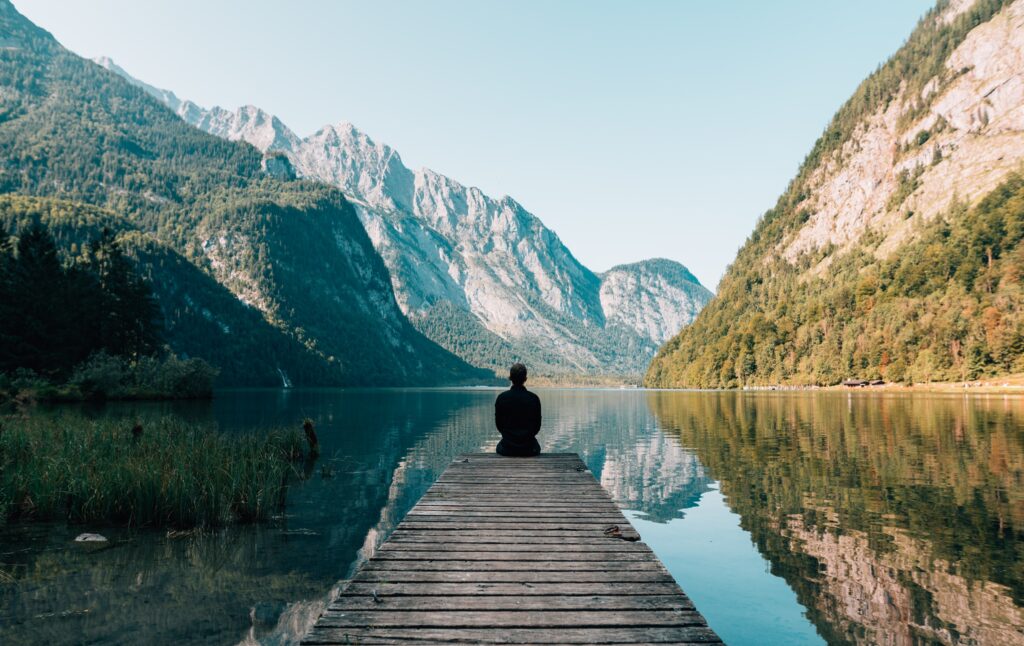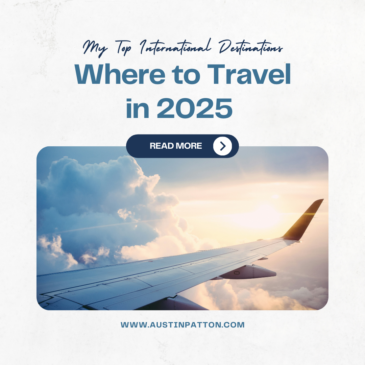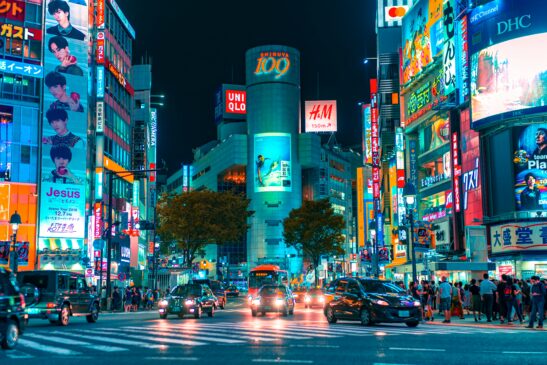Everything has changed.
The COVID-19 pandemic has put a third of the global population on lockdown, millions of workers have been furloughed or laid off, and a historical economic contraction is taking place.
Nearly every aspect of our lives has been transformed by this pandemic, everything from interacting with one another to exploring another part of the planet. This pandemic has caused a travel bottleneck, which will permanently alter the future of travel.
To understand how the pandemic is transforming the travel industry, let’s look at what experts are saying about the future:
Brian Chesky, CEO of Airbnb, a travel company which offers arrangement for lodging, primarily homestays, and tourism experiences, recently made headlines with a few bold predictions for the future of travel once the pandemic is over.
Chesky believes people will start taking affordable trips and staying closer to home. With the State Department implementing a Level 4 health advisory that warns against all international travel due to the uncertainty caused by the pandemic, this prediction makes sense.
Additionally, international trips abroad are becoming a reach for many people, even as travel restrictions are lifted, due to the almost 40 million Americans who have filed for unemployment since mid-March.
The future of business-related travel

Chesky also believes there will be a significant change to the future of business-related travel. Since the start of the COVID-19 pandemic, businesses have expanded their video conferencing capabilities.
In an interview with Business Insider, Chesky said, “I think we’re seeing that you can do a lot [via] video conferencing, and that is going to have a big impact on how often people travel for work.”
Similar sentiments were expressed by other CEOs who spoke with Business Insider, mostly expressing they will be more selective when scheduling business trips in the future.
“We used to do a lot of travel for work and then we entertain ourselves on screens. That’s going to inverse,” Chesky said. “I think we’ll work more on screens and entertain ourselves in the real world.”
Many experts in the travel industry believe leisure travel will return before business-related travel.
Andre Haddad, CEO of Turo, a car-sharing platform, said, “As home isolation orders are lifted yet physical distancing remains top-of-mind, we anticipate road trips and personal auto travel will rebound faster than group travel”.
The rise of the digital nomad

Haddad is also predicting a rise in the number of people who live as digital nomads and that home-sharing companies, such as Airbnb, will see an uptick in longer-term stays.
Digital nomads are people who choose to work remotely while traveling to different countries. This was a growing trend before the pandemic but the current situation has the potential to expand the growth trajectory.
The pandemic has also exacerbated issues with living in big cities, leaving many urbanites packing their bags in preparation to leave. Issues such as the high cost of living, overcrowding, and more.
“Many people are realizing they don’t have to be tethered to one city. So you’ll see more people who are going to choose to live around the world, spending a few months at a time in different places,” Chesky said.
After examining trends that followed the Spanish Flu of 1918, Eventbrite CEO Julia Hartz believes there will be a period of renewed human connection such as the Roaring Twenties.
“We will return together through live gatherings as we did following the Spanish Flu,” Hartz said.
Chesky is also confident that people will want to travel again in the future:
“In 1950, 25 million people crossed a border, and last year 1.4 billion people did. That happened because there is an innate human desire to travel, to explore and that is never going to go away. Travel may be on pause, but it’s going to come back.”
And, with that positive note. I will end this blog post.
Let me know your thoughts on the future of travel below in the comments.
Please don’t forget to subscribe for more travel content!








